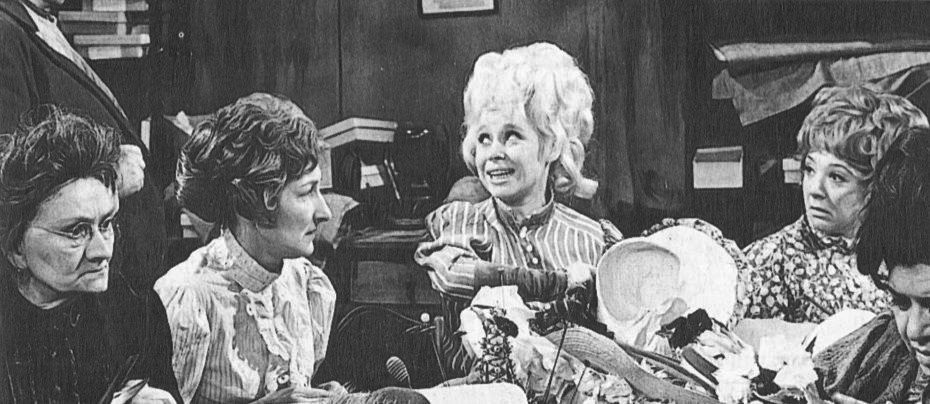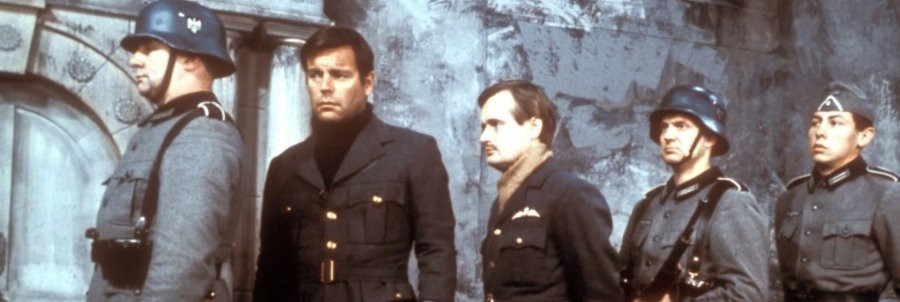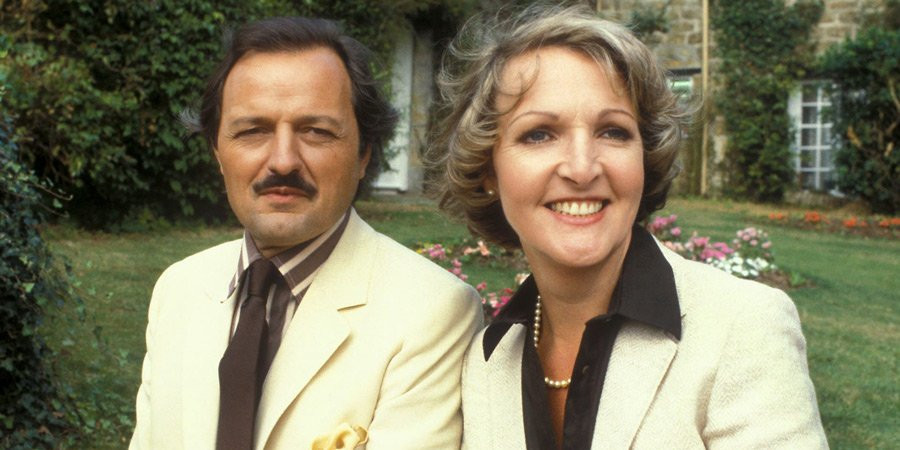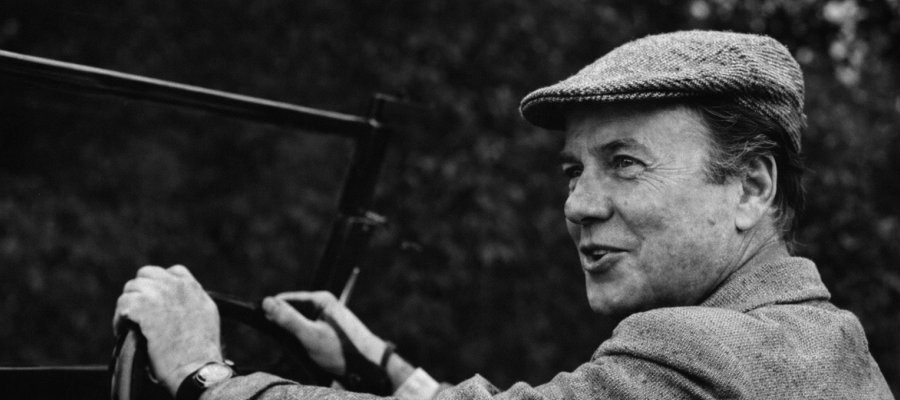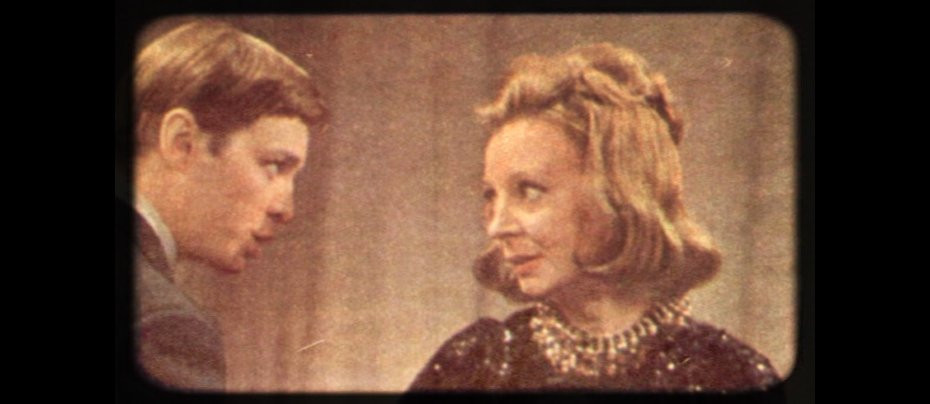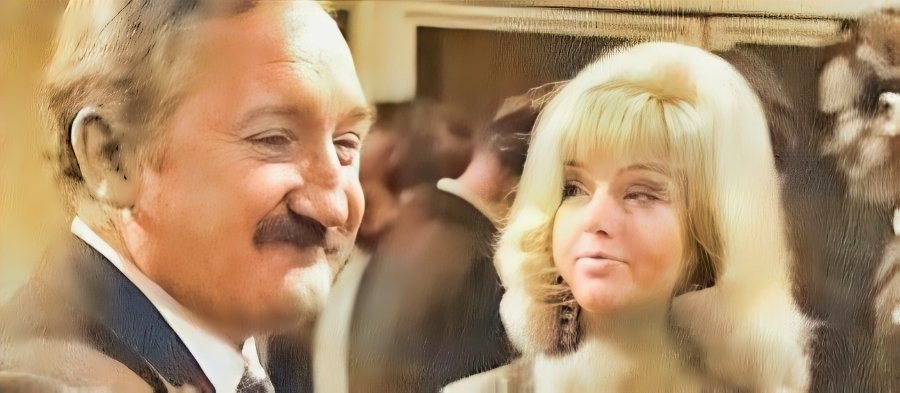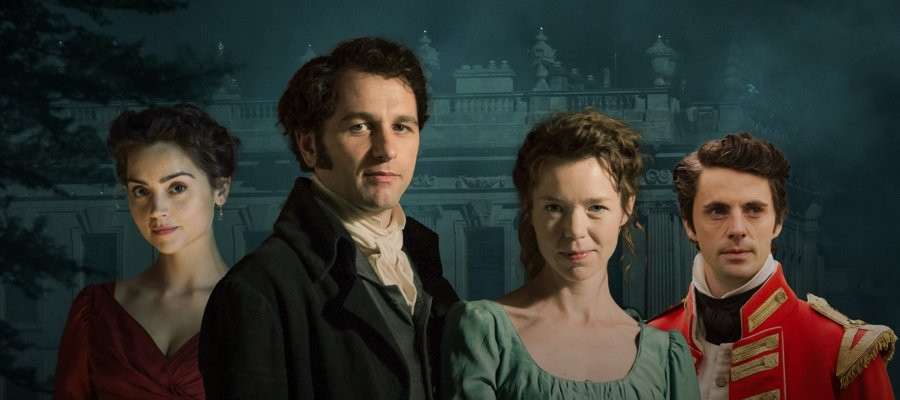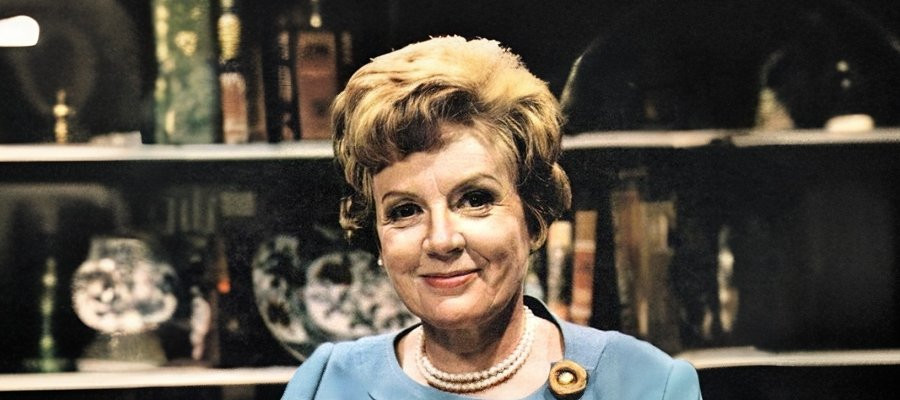
Kate
1970 - United KingdomIn 1970, Kate emerged as a quietly compelling drama that blended emotional realism with the social concerns of its time. Produced by Yorkshire Television and running for three seasons, Kate offered a thoughtful exploration of everyday crises filtered through the unique lens of a magazine problem page.
At its heart was Phyllis Calvert, making her television debut as Kate Graham, the widowed agony aunt behind Heart and Home magazine’s “Dear Monica” column. In lesser hands, Kate might have been a one-dimensional dispenser of advice. But Calvert gave her warmth, intelligence, and—most importantly—fallibility. Kate is no flawless heroine: her guidance can be wrong, her emotions unguarded, her charm rooted in sincerity rather than certainty. At 50, widowed and living with her teenage son in a Chelsea mews flat, she has found in the “Dear Monica” role both an exhausting vocation and a second wind for a life that once promised little more than genteel decline.
The series took inspiration from real letters to the column, crafting stories about adoption, divorce, aging, child protection, and women’s rights — issues that were as immediate then as they are today. Each episode played like a short story in its own right: emotionally resonant, socially aware, and often unresolved in ways that felt authentic rather than artificially neat. Some plots emerged directly from the letter bag; others from Kate’s entanglements in the lives of friends and colleagues, but all were unified by a clear-eyed interest in human frailty and resilience.
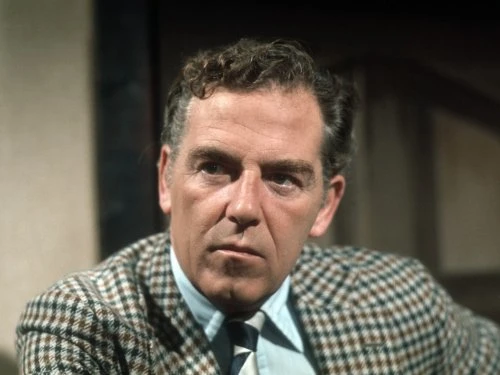
Supporting the drama was a strong and diverse cast. Jack Hedley brought gravitas as Donald Killearn, editor of Heart and Home and the man responsible for coaxing Kate into her unlikely new career. His friendship with Kate anchored the series emotionally, especially as her investigations frequently brought the magazine into conflict with public institutions and powerful figures.
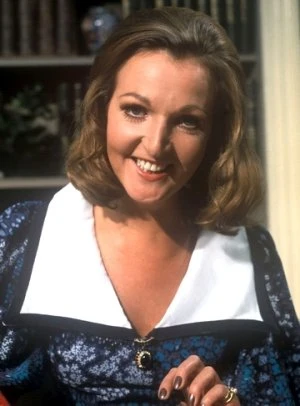
Penelope Keith, years before her iconic sitcom fame, shone as the formidable Wenda Padbury, a “horse-and-hounds” type whose aristocratic arrogance masked a genuine (if unpolished) journalistic talent. Keith’s Wenda was infuriating, but never flat; her failed tenure on the “Dear Monica” column provided a striking counterpoint to Kate’s human touch. She relinquished her column only to be consoled with another executive position. When Killearn relinquishes control in the second season, she is standing by to succeed him.
Ellen Burwood, played by Elizabeth Burger, serves as Kate’s housekeeper, while her husband works as chauffeur to Donald Killearn. With Kate running her “Dear Monica” column from home, the flat doubles as a makeshift office and sanctuary, often welcoming unexpected visitors in emotional turmoil, suitcase in hand. Fiercely protective and something of a maternal figure to Kate, Ellen doesn’t hesitate to form strong opinions about these guests—opinions that are frequently far less forgiving than Kate’s own.
Bruce Rogers, portrayed by Tony Anholt, is a freelance writer who gradually proves himself as a valuable ideas man under the guidance of Wenda Padbury. Direct and uncompromising, he rarely tempers his views — but his sharpness is matched by a cool elegance and youthful sophistication.
Lillian Coates, played by Barbara Markham, holds the title of Features Editor at Heart and Home, though her performance in the role leaves much to be desired. Once the mistress of the late Lord Padbury, she was named a trustee of his estate in his will — a lingering connection that complicates both her personal and professional standing.
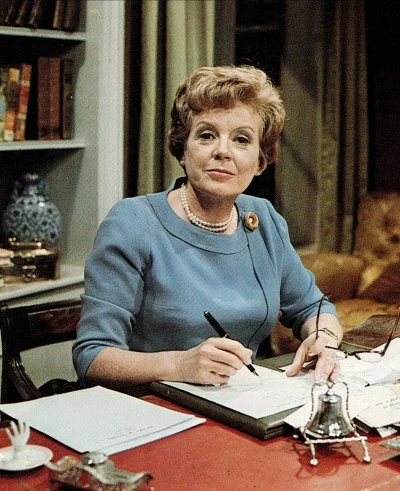
A notable strength of Kate was the calibre of writing, including several scripts by acclaimed novelist Fay Weldon. The show also boasted a parade of guest stars—Lynda Bellingham, Ray McAnally, Ronald Lacey, Wanda Ventham, Hannah Gordon, George Baker, Paula Wilcox, Ralph Bates, Patsy Rowlands, Colin Welland, Michael Gambon and Bob Hoskins among them — each adding colour and emotional weight to the standalone storylines.
Yet what made Kate remarkable wasn’t just its performances or writing, but its tone. It resisted the melodrama often associated with "woman’s magazine" television in the 1970s. Instead, it offered subtlety: Kate might help someone, or she might fail. The problem page wasn't a miracle factory, but a mirror held up to social mores and personal pain.
Kate may not have the same enduring fame as some of its contemporaries, but it deserves recognition as one of the more thoughtful and affecting dramas of its time — grounded in character, shaped by real-world concerns, and carried by a woman whose strength lay not in having all the answers, but in caring enough to ask the right questions.
Seen this show? How do you rate it?
Seen this show? How do you rate it?
Published on August 24th, 2025. Written by Laurence Marcus for Television Heaven.


